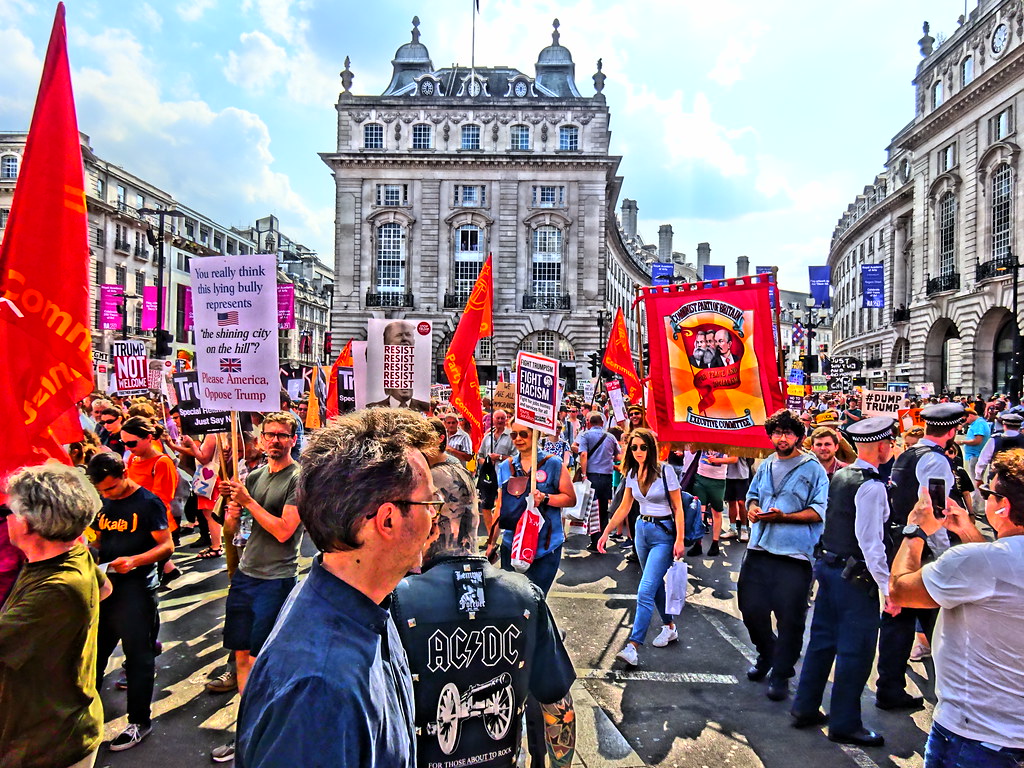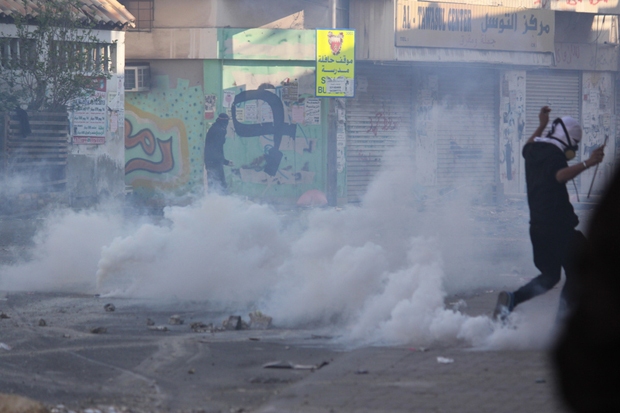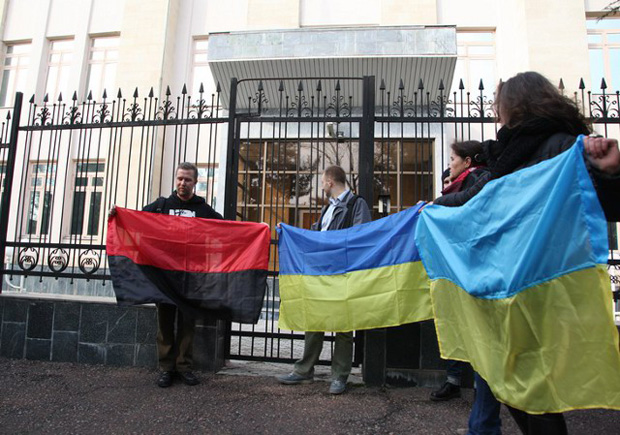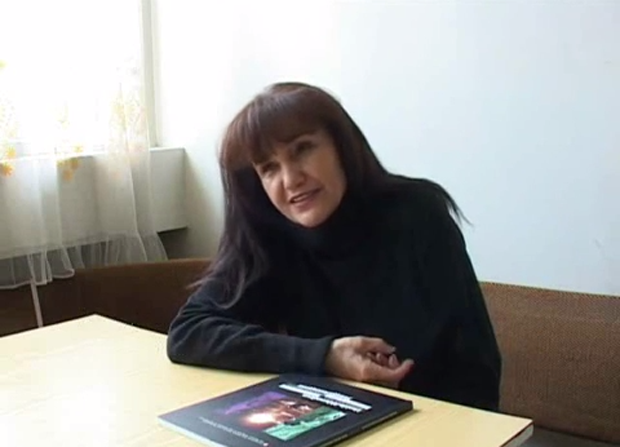11 Feb 2020 | Events, Uncategorized
[vc_row][vc_column][vc_column_text] [/vc_column_text][vc_column_text]Join Observer columnist Kenan Malik, legendary LGBT campaigner Peter Tatchell and artist Stella Odunlami for a debate on whether we should stand up for the right to protest. Chaired by Index on Censorship editor-in-chief Rachael Jolley.
[/vc_column_text][vc_column_text]Join Observer columnist Kenan Malik, legendary LGBT campaigner Peter Tatchell and artist Stella Odunlami for a debate on whether we should stand up for the right to protest. Chaired by Index on Censorship editor-in-chief Rachael Jolley.
These events are part of the Essex Book Festival 28 February – 31 March 2020
Each part of the programme requires separate ticketing. See specific instructions with the session. [/vc_column_text][/vc_column][/vc_row][vc_row][vc_column width=”1/3″][vc_single_image image=”104732″ img_size=”full”][/vc_column][vc_column width=”1/3″][vc_single_image image=”104733″ img_size=”full”][/vc_column][vc_column width=”1/3″][/vc_column][/vc_row][vc_row][vc_column][vc_column_text]Essex Book Festival is one of the highlights of Essex’s cultural calendar. Each March it hosts over 100 events in over 45 venues across the county, including theatres, libraries, schools, universities, cafes and art galleries. More information is available here.[/vc_column_text][/vc_column][/vc_row]
14 May 2018 | Campaigns -- Featured, Statements
[vc_row][vc_column][vc_column_text]
The killings of at least 40 unarmed Palestinian protesters by Israel Defense Forces marks a grave and horrendous assault on the right to protest. Reports say more than 1,700 people, including journalists, have been injured.
Index on Censorship demands the Israeli government halt its aggression toward the Great March of Return protesters and immediately take steps to deescalate the situation.
“We call on the Israeli authorities to commit to upholding the international agreements they are party to — specifically the International Covenant on Civil and Political Rights — that uphold the rights to freedom of expression, assembly and the right to life. This is a dark day for the state of Israel and its standing in the world,” Rachael Jolley, Editor, Index on Censorship said.
Monday’s killings follow months of protests that began in March by Palestinians to highlight the loss of homes in the wake of founding of the state of Israel. In addition to the killing of at 40 protesters, photojournalists Yaser Murtaja and Ahmad Abu Hussein were killed covering the demonstrations before the 14 May bloodshed.
[/vc_column_text][/vc_column][/vc_row][vc_row][vc_column][vc_basic_grid post_type=”post” max_items=”12″ style=”load-more” items_per_page=”4″ element_width=”6″ grid_id=”vc_gid:1526305100409-f494ed6d-a2d0-1″ taxonomies=”6534″][/vc_column][/vc_row]
9 May 2014 | Azerbaijan, Azerbaijan News, Bahrain, China, News and features, Oman, Saudi Arabia, Thailand, United Arab Emirates, United Kingdom

Made in Britain? Physicians for Human Rights (PHR) called for the immediate suspension of the use of excessive, indiscriminate and systematic use of tear gas against civilian protesters and densely populated Shia neighbourhoods in Bahrain (Image: Iman Redha/Demotix)
The Arab Spring has not stopped Britain from helping crush free expression and freedom of assembly by selling crowd control gear to authoritarian states including Saudi Arabia and Bahrain.
Analysis of newly-published data on export licences approved by the UK government have revealed ministers backed over £4 million of tear gas, crowd control ammunition and CS hand grenade sales over the last two years to Saudi Arabia – one of the most repressive states in the world.
The British government also allowed crowd control ammunition to be sold to Malaysia and Oman, as well as tear gas to Hong Kong and Thailand.
It gave the green light to anti-riot and ballistic shields to four authoritarian regimes listed by the Economist Democratic Index: the United Arab Emirates, Bahrain and Azerbaijan, as well as Saudi Arabia.
Its only refusal for an export licence in 2013 for equipment which could be used to suppress internal dissent was for an order of CS hand grenades and ‘tear gas/irritant ammunition’ to Turkey.
A lack of transparency across the secretive arms sector makes it difficult to establish which companies are providing the arms – or how the country in question intends to use them.
But the Geneva Convention forbids the military use of all gas weapons, meaning the UK government would have assumed the tear gas was for use against civilian protesters.
Brief explanatory notes included in the export licences data suggest all those mentioned above are primarily for use against domestic populations.
The notes typically state the licence is granted “for armed forces end use” or “for testing and evaluation by a government / military end user”.
The only exception is the note for a sizeable order of anti-protest equipment for Brazil, which makes clear the export licence is granted for “armed forces end users not involved in crowd control / public security”.
Further evidence has emerged that Britain’s leading arms firm, BAE, has signed a £360 million contract with an unnamed Middle Eastern country for the upgrade of armoured personnel carriers whose primary use is against protesters.
Industry insiders believe the improvements are being made in Saudi Arabia to a stockpile of the vehicles left in the country by the United States military.
BAE’s chairman Sir Roger Carr said contractual commitments prevented him from commenting at the defence giant’s annual general meeting in Farnborough yesterday.
He faced heckling and hissing from vocal critics in the audience who had infiltrated the two-hour question-and-answer session, but insisted BAE was “helping to preserve world peace” and that the company “are not undermining the broader international rules” of the arms trade.
Speaking afterwards, however, a member of BAE’s board suggested the “natural place for these decisions is with government” rather than the company.
“I’m not abrogating our moral responsibility,” he said, “but it’s right that the burden of these difficult decisions is on the government because, in the UK at least, this is an elected democracy.”
Britain’s parliament, at least, has proved reluctant to provide a critical voice on the UK’s arms trade.
Opponents had alleged Saudi Arabian troops which intervened to crush the Arab Spring in Bahrain had received British military training. A recent report from MPs accepted the Foreign Office’s rejection of British complicity, with ministers arguing none of the training had taken place “in a repressive way”.
The Commons’ foreign affairs committee did, however, call on the government to “adhere strictly to its existing policy to ensure that defence equipment sold by UK firms are not used for human rights abuses or internal repression”.
Its request for the government to provide further evidence that it is doing so in practice did not meet with a positive response.
Officials said the risk that export licence criteria might be broken is “factored into” the original decision to grant the licence.
The Foreign Office stated: “There are rigorous pre-licence checks and, for open licences, compliance audits at the exporters’ premises in the UK. We will continue to scrutinise carefully all arms sales to Saudi Arabia.”
Many believe the current export licence regime is not fit for purpose, however. In 2013 the UK approved military licences to a total of 31 authoritarian regimes including Russia, China, Qatar and Kuwait.
“BAE couldn’t sell the weapons they do to these countries without the support of the UK government,” Andrew Smith of the Campaign Against The Arms Trade said.
“The UK government can stop any of these exports at any time but is choosing not to because it’s putting arms company profits ahead of human rights.”
He suggested the government’s decision to exclude Bahrain from its list of ‘countries of concern’ on human rights was “politically motivated”.
And he warned arms sales went beyond small-scale arms and ammunition to include much bigger purchases like fighter jets.
“The reason the Saudis buy from Britain is not just because Britain is willing to sell arms,” Smith added, “but also because it comes with political support and the endorsement and silence of the British government.”
This article was posted on May 9, 2014 at indexoncensorship.org
17 Apr 2014 | Europe and Central Asia, News and features, Uzbekistan

Umida Akhmedova took part in a small protest in Tashkent, in solidarity with the Euromaidan movement.
On 27 January, internationally renowned photographer Umida Akhmedova, her son Timur Karpov and seven other people took to the streets of Tashkent, Uzbekistan. Armed with Ukrainian flags, cameras and a petition, they staged a peaceful protest in solidarity with the Euromaidan movement.
Knowing they might attract unwanted attention, the group, which included one journalist reporting, posed for a few photos outside the Ukrainian embassy, handed over the petition, and quickly wrapped up the demonstration. However, their worries soon proved valid. Three days later, the protesters were hauled in one by one by police for a “short talk”. They would be held incommunicado for one day, first in a central Tashkent police station and later at a more remote location.
Karpov, a photographer based in Russia, told Index about unprofessional and aggressive officers, who called the protesters “dissidents” who were “ruining the constitution”. Passports and phones were taken away, but Karpov managed to keep one concealed to alert the outside world to their detention. It was eventually discovered and confiscated. When he got it back, it had been completely wiped. Without access to lawyers, the protesters were questioned by the SNB — the KGB’s successor — before being put through a quickie court session and ordered to pay fines of some £1,200. Three of them have been sentenced to 15 days in prison. Justice, as understood by Uzbekistan’s notoriously repressive regime.
This is not the first time Akhmedova has run into trouble with the regime of former Communist Party official Islam Karimov. In 2009, the photographer and documentary film maker, whose work has been published in The New York Times and Wall Street Journal, was charged with “damaging the country’s image” over a series of photographs depicting life in rural Uzbekistan. Similar charges were later levelled at her over a film about challenges facing Uzbek women, and in 2010, over a book about Uzbek traditions. It’s worth noting that she never intended to make a political statement with her work — the authorities’ reaction is what has politicised it. The cases have made Akhmedova a credible voice of opposition, and while her high profile provides some protection, it also means her every move is noted — as the latest case shows.

Umida Akhmedova (Image: Uznewsnet/YouTube)
“We live in a strict, archaic society, where all unregulated acts, especially those that can cause some kind of a response in the society, are nipped in the bud,” she told Index. “In the case of our Maidan project, the authorities did not have to be clairvoyants to see the similarities between the situation in Ukraine and the one in Uzbekistan. The government has started scaring children and adults with the word Maidan and did not like it when we showed support for Maidan.”
“As for our previous case,” she adds “we were charged with slander and insult of Uzbek nation, because the government wanted to teach us a lesson that without the approval from above, we were not allowed to film anything or publish books, or generally, do anything artistic without a superior permission.”
While Akhmedova’s latest arrest hit headlines across Central Asia, the story made little impact in the west. This is not surprising. Earlier this year the soap opera-like falling out between first daughter Gulnara Karimova — businesswoman, sometimes pop star, and until recently tipped to follow in her father’s presidential footsteps — and, seemingly, the rest of the family was covered by media outside the country. But on the whole, Uzbekistan rarely commands international attention. Like many other countries in the region, it is able to carry out its repressive rule away from the global spotlight.
President Karimov, by taking a number of liberties with the country’s constitution and term limits, has been in power since it gained independence from the Soviet Union in 1991. Reports of torture and other power abuses are widespread, the darkest days of the regime coming with the Andijan massacre, where security forces killed hundreds of people in the aftermath of a peaceful protest. The country is also one of the most corrupt in the world and despite its gas resources — part of the reason for many western sanctions quietly being dropped — suffers “recurring energy crises“. But Karimov has been careful to remove nearly all institutions that might use this information to challenge his power. Uzbekistan has no official opposition parties and no press freedom to speak of. Opposition news sites that operate outside of the country are blocked. Karpov puts it simply: “There is no freedom of expression in Uzbekistan. Absolutely none.”
One aspect of the widespread press censorship, is that developments in Ukraine have been met with near media blackout in Uzbekistan — the same way authorities dealt with the Arab spring and other incidents of popular unrest outside the country’s borders.
“From my point of view, they’re afraid. Extremely afraid of any sort of freedom,” says Karpov. ” That’s why they made the case with us. To frighten us. To show to other people that if you do this, you will be sentenced.”
Mother and son have accepted their punishment — partly because refusal to do so would lead to further blacklisting, and partly because they weren’t alerted to their appeal until after it had taken place. Unsurprisingly, the sentences were not overturned.
Despite this latest setback, and the possibility of being handed down a travel ban, Akhmedova remains undeterred. “Nothing has changed for me. I will carry on ‘slandering’ as I have done,” she says. “The state cannot help or stop me.”
This article was originally posted on 17 April 2014 at indexoncensorship.org
 [/vc_column_text][vc_column_text]Join Observer columnist Kenan Malik, legendary LGBT campaigner Peter Tatchell and artist Stella Odunlami for a debate on whether we should stand up for the right to protest. Chaired by Index on Censorship editor-in-chief Rachael Jolley.
[/vc_column_text][vc_column_text]Join Observer columnist Kenan Malik, legendary LGBT campaigner Peter Tatchell and artist Stella Odunlami for a debate on whether we should stand up for the right to protest. Chaired by Index on Censorship editor-in-chief Rachael Jolley.


